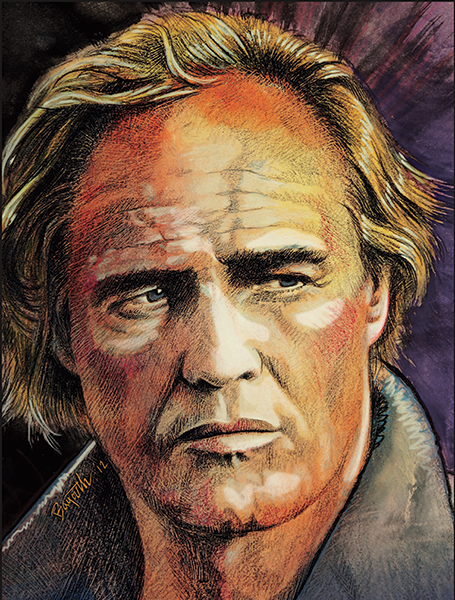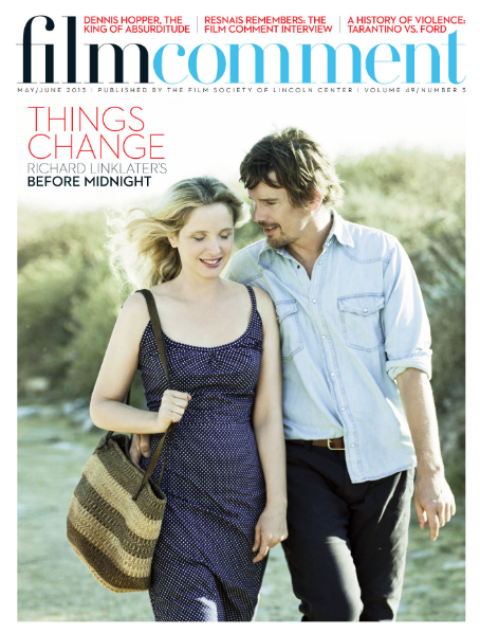 What does relationship advice from Marlon Brando sound like? During Nancy K. Peardon’s final conversation with the iconic actor shortly before his death, he cautioned: “Don’t save your old Tampax in a cigar box and give it to him! That’s ridiculous! Your memories are your memories! Don’t share them with him! He won’t love you more for it . . . Don’t be so selfish to say to him, ‘This is me, I’m the sum of all my parts, to love me is to accept all of me.’ Men can’t handle it.”
What does relationship advice from Marlon Brando sound like? During Nancy K. Peardon’s final conversation with the iconic actor shortly before his death, he cautioned: “Don’t save your old Tampax in a cigar box and give it to him! That’s ridiculous! Your memories are your memories! Don’t share them with him! He won’t love you more for it . . . Don’t be so selfish to say to him, ‘This is me, I’m the sum of all my parts, to love me is to accept all of me.’ Men can’t handle it.”
That crudely brilliant metaphor (and, let’s face it, solid tip) comes from just one of their many nuanced exchanges. The daughter of Brando’s dentist, Peardon met the actor in 1977, and the pair felt an immediate, mutual sexual attraction, though it remained unconsummated (Brando had too much respect for her father and didn’t want to find another dentist). Throughout the years, Peardon served as his confidante, personal assistant, and accountant, going from long stretches of speaking only on the telephone to seeing each other every day at his mansion. Despite their closeness, Peardon never presumes to know Brando’s motivations, instead only recounting what he did or said (she frequently took notes on their conversations; he not-so-secretly recorded her voice while she was under his employ). Their interactions are funny, shocking, and sad (especially as the actor’s health deteriorated), and, more importantly, never gossipy or frivolous. Brando was a smart, serious guy—his inventions, love for UGG boots, thoughts about the Internet, and what a post-9/11 world would look like are surprisingly prescient—but he was also someone who loved to sing and kid around.
Beyond simply humanizing Brando or elaborating upon his legacy, this memoir shows how complicated truly great friendships can be, and how rare genuine people are to come by. It is a warm, engaging book that begs to be shared; disregard the typos and enjoy the candor.








